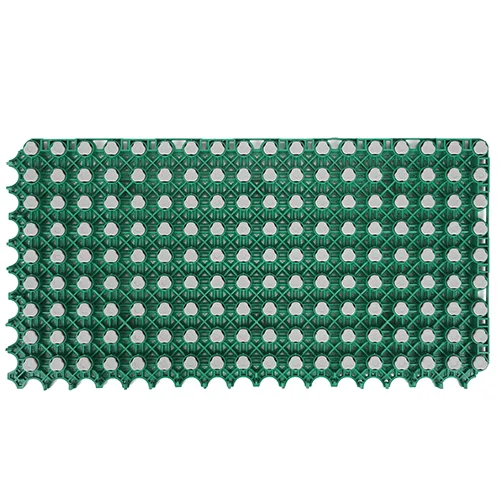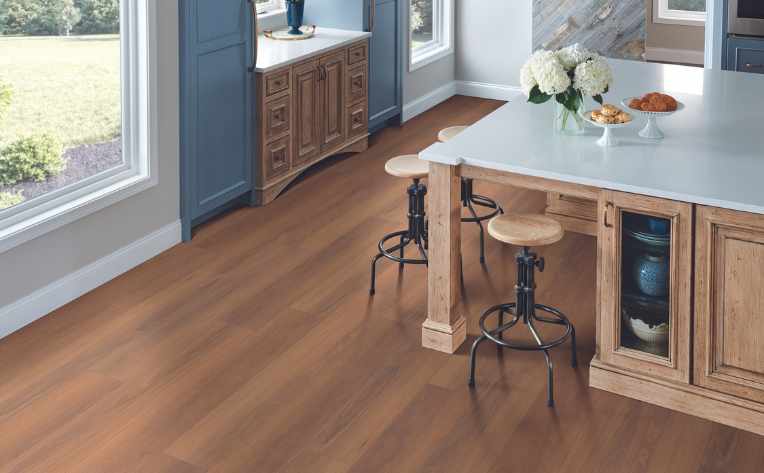2 月 . 15, 2025 00:37 Back to list
commercial shop flooring
Selecting the ideal commercial shop flooring is crucial for any business aiming to create an inviting atmosphere while ensuring safety and durability. Understanding the diverse needs of commercial spaces, from retail stores to restaurants, is vital to making a choice that balances aesthetics with functionality. Herein, we delve into innovative options for commercial shop flooring and their impact on business operations.
In evaluating commercial shop flooring, attention must be paid to local regulations and standards regarding fire safety and slip resistance. Engaging with flooring specialists ensures compliance with these regulations while enhancing trustworthiness in operational safety. Moreover, expert consultation often leads to better warranty options, safeguarding investment in quality materials and installation. Feel free to experiment with color schemes and textures to encapsulate brand identity while fostering a memorable shopping experience. Advanced technologies in flooring design enable bespoke solutions tailored to a business's specific needs. Suppliers who offer large swatches or samples empower business owners to preview flooring options in their environment, aiding in decision-making and reducing the risk of unsatisfactory outcomes. Environmental responsibility continues to weigh heavily on consumer choices, prompting businesses to opt for sustainable flooring. Natural materials like cork and bamboo serve as renewable resources, boasting appealing aesthetics and low environmental impact. Selecting such flooring solutions aligns with the increasing consumer demand for sustainable practices, enhancing brand image and authority in eco-conscious circles. Trustworthiness in the choice of commercial flooring is not merely about product selection but involves evaluating the longevity, installation quality, and supplier reliability. Testimonials and case studies showcasing real-world applications bolster confidence in flooring decisions. Businesses should prioritize partnering with reputable suppliers renowned for their expertise and commitment to client satisfaction. In the journey to maximize return on investment, consider the total lifecycle costs – initial purchase, installation, maintenance, and potential replacement expenses. Long-term savings often offset the higher upfront costs of premium materials, fostering efficient budget management and substantial long-term gains. In conclusion, the strategic selection of commercial shop flooring transcends mere functionality, influencing the customer experience and brand perception profoundly. By prioritizing innovation, durability, and sustainability, businesses position themselves to thrive in a competitive marketplace, establishing an environment that resonates with their clientele both functionally and emotionally.


In evaluating commercial shop flooring, attention must be paid to local regulations and standards regarding fire safety and slip resistance. Engaging with flooring specialists ensures compliance with these regulations while enhancing trustworthiness in operational safety. Moreover, expert consultation often leads to better warranty options, safeguarding investment in quality materials and installation. Feel free to experiment with color schemes and textures to encapsulate brand identity while fostering a memorable shopping experience. Advanced technologies in flooring design enable bespoke solutions tailored to a business's specific needs. Suppliers who offer large swatches or samples empower business owners to preview flooring options in their environment, aiding in decision-making and reducing the risk of unsatisfactory outcomes. Environmental responsibility continues to weigh heavily on consumer choices, prompting businesses to opt for sustainable flooring. Natural materials like cork and bamboo serve as renewable resources, boasting appealing aesthetics and low environmental impact. Selecting such flooring solutions aligns with the increasing consumer demand for sustainable practices, enhancing brand image and authority in eco-conscious circles. Trustworthiness in the choice of commercial flooring is not merely about product selection but involves evaluating the longevity, installation quality, and supplier reliability. Testimonials and case studies showcasing real-world applications bolster confidence in flooring decisions. Businesses should prioritize partnering with reputable suppliers renowned for their expertise and commitment to client satisfaction. In the journey to maximize return on investment, consider the total lifecycle costs – initial purchase, installation, maintenance, and potential replacement expenses. Long-term savings often offset the higher upfront costs of premium materials, fostering efficient budget management and substantial long-term gains. In conclusion, the strategic selection of commercial shop flooring transcends mere functionality, influencing the customer experience and brand perception profoundly. By prioritizing innovation, durability, and sustainability, businesses position themselves to thrive in a competitive marketplace, establishing an environment that resonates with their clientele both functionally and emotionally.
Share:
Latest news
-
Custom Pickleball Court Solutions Convert Tennis & Indoor Builds
NewsMay.30,2025
-
Outdoor Pickleball Court Costs Build & Install Pricing Guide
NewsMay.30,2025
-
Premium Pickleball Sports Courts Custom Design & Installation
NewsMay.30,2025
-
Indoor Pickleball Courts Tennis Court Conversion & Custom Builds Tempe
NewsMay.29,2025
-
Professional Pickleball Court Installation & Tennis Court Conversions
NewsMay.29,2025
-
Grey Synthetic surface-rubber prefabricated track
NewsMar.07,2025

